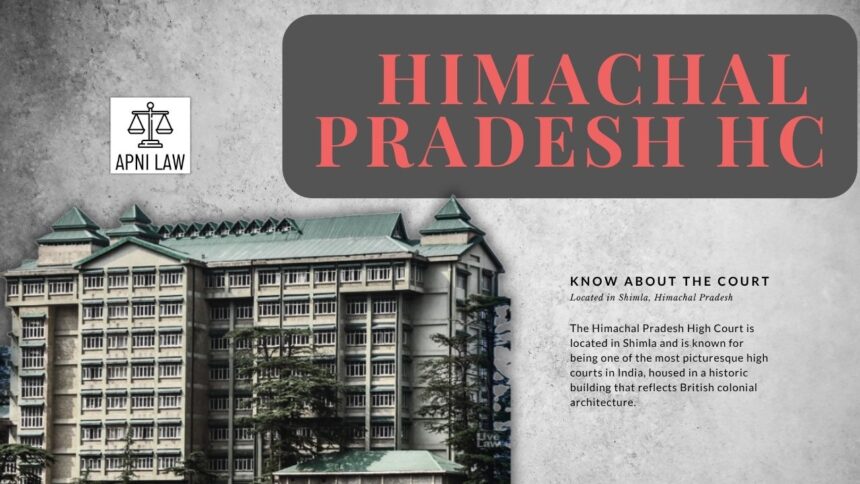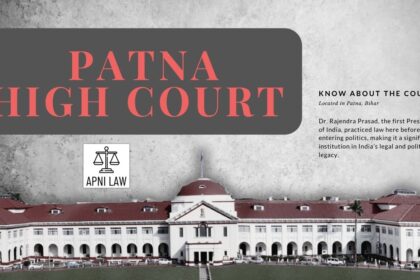Introduction
The Himachal Pradesh High Court in Ajay Kumar v. State of Himachal Pradesh & Others dismissed a writ petition. The petitioner asked for an oustee certificate to claim benefits under the Rehabilitation and Resettlement Scheme of the Land Acquisition Act. The court held that resettlement benefit eligibility depends on being entered in the Panchayat Parivar Register at the time of acquisition.
Facts of the Case
The petitioner filed the petition after the authorities rejected his application in 2016. He claimed he needed an oustee certificate to access the resettlement scheme benefits. The challenged acquisition took place in 2000. The petitioner, however, never registered his name, or his family’s name, in the village’s Parivar Register at that time.
NTPC opposed the petition. It asserted the petitioner resided in a different village. They said he had deliberately bought a small plot (two biswas) where a project was planned. They also pointed out that 16 years passed before he raised the claim. The state emphasized that he was neither homeless nor landless when he filed. Crucially, the petitioner’s name wasn’t on the Parivar Register at the time of the Section 4 notification.
What the Court Says
Justice Ajay Mohan Goel delivered the decision. He noted the petition failed because the petitioner lacked entry in the Parivar Register when the land was acquired in 2000. The court emphasized that Clause 2.2.3 of the Resettlement Scheme requires such registration as a pre-condition for benefits.
The court reviewed the scheme. It says benefits apply only to families permanently residing in the project area who become houseless or landless due to acquisition. The court also explained that ‘family’ means husband, wife, children, and those brothers and sisters living jointly as per the Panchayat Parivar Register at the time of notification under Section 4 of the Land Acquisition Act, 1894.
Because the petitioner did not meet these eligibility criteria, the court dismissed his writ petition.
For any specific query call at +91 – 8569843472
Implications
This judgment underscores the importance of administrative registration for accessing statutory benefits. Landowners and oustees must ensure their names appear in the village’s Parivar Register at the time of acquisition. The decision sets a clear, enforceable standard: benefit eligibility depends not only on residence but actual documented inclusion in relevant records.
The ruling may have broader impact. It could prompt review of cases where claimants lacked proper records, even if they genuinely lost land and residence. It may also encourage authorities and claimants to proactively maintain or verify Parivar Register entries.
For future acquisitions, this case reinforces that procedural compliance is not a mere formality, it can determine whether claimants receive rehabilitation and resettlement aid. It may prompt registration campaigns and better administrative coordination in rural villages.
Finally, the court’s interpretation safeguards the scheme’s intent. It prevents misuse by residents who acquire land in project areas after notification, or by those who delay claims without proper registration. It also ensures that limited resources go to those who truly qualify under documented criteria.








